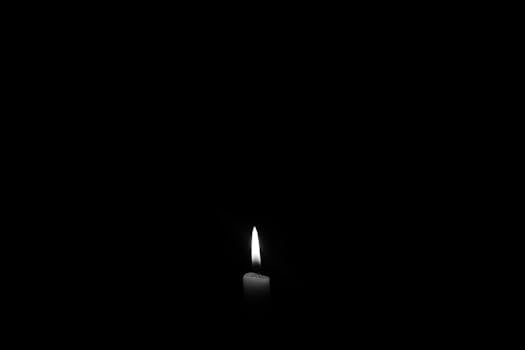North Shore Jewish Center holds a free Tu b’Shevat
Seder, Tuesday, Jan. 30th, 6:30-8pm. Call 631-928-3737 or email rabbi.benson@nsjc.org to RSVP or for more
information.
If civil
calendar counted by Presidential elections, what month would this be? How about from the start of school? How about Independence Day? Even in our secular calendar, there are many
anniversary dates, or cyclical events that mark the beginnings for things in
our daily lives.
Tu b’Shevat - the
“Tu” represents the letters Tet and Vav which have the value of 9 and 6 and thus
make the 15th of the month of Shevat - is New Year for Trees – Arbor
Day on Jewish calendar. This day falls on this coming Tuesday night and
Wednesday. It is one of four “new
year’s” on the Jewish calendar (along with Rosh Hashanah from which we count new
years on the Jewish calendar, the month of Nissan when the counting of the monthly
cycle begins, and Ellul which was used for counting animal tithes).
Origins:
Bible – the offering
of tithes from fruit trees in land of Israel, had to be done yearly – but when
did you count that year? This date,
which is about when fruit trees would start to blossom governs how you count
the “age” of your tree and towards the tithe-portion of which year you count
its fruit.
It is also
understood by Rabbis to be the day of Judgment for trees (whether they will
grow well, etc) and trees are compared to people in the Bible – so the day is
another day on which we can reflect on God’s judgment of us as well (like a
mini-Rosh Hashanah).
Practices:
Eat fruits from
trees, especially of types native to Israel.
It is day to celebrate – many make a seder
with fruits to eat and special prayers to say about each of them. At least, add the blessing – borei pri ha-etz when you eat fruit
(from the tree), and if it has been more than a month since you ate any of
them, say she-cheyanu before you do,
so you can celebrate the holiday.
It has no
restrictions except that outward signs of mourning (like some of the prayers
for mourning in the services) would be omitted.
Many make a
point of planting trees or other greenery as part of the celebration. And many see it as a day of stewardship and advocacy
for our natural resources and the environment.
Conclusion:
Even though it
is a day of judgment, we are to be happy, rejoicing in the fact that
there is a Judge and there are Rules and there is Meaning – in the world in
which we live.
My best wishes
to you for all for a Shabbat Shalom and a Happy Tu b’Shevat!
